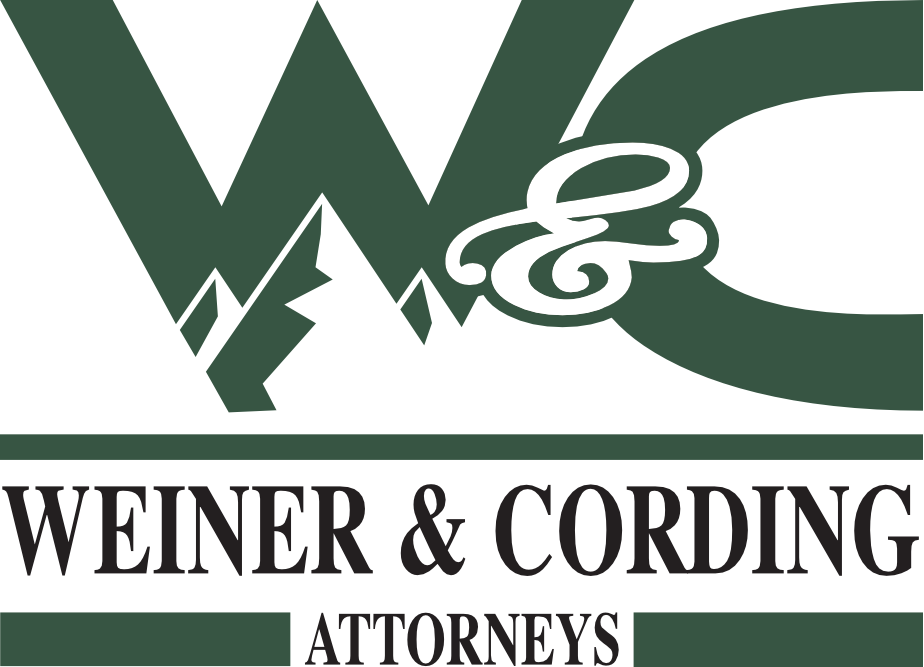This post is adapted from a short presentation Annmarie Cording gave regarding estate planning in Colorado. If you ever have any questions about estate planning, speak to an attorney licensed to practice in your state.
I. What Estate Planning Can Do
Estate planning, put simply, is executing legal documents to achieve specific goals related to end-of-life matters and your estate. A good estate plan does three things, and if you want or need any one of these things, you probably need some type of estate plan:
- Passes on property.
- Helps manage your estate after your death.
- Organizes and sets out wishes for end-of-life matters.
II. Estate Planning Documents
An estate plan is made up of multiple documents that work together to achieve your estate planning goals. The most common documents are:
- Last Will and Testament – think of this as the “instruction manual.”
- Trust(s) – extremely customizable, trusts can offer some tax benefits and are most helpful in providing for minors, disabled adults, and other heirs that may require special assistance, guidance, and oversight.
- Power(s) of Attorney – appoint one or more people as your agent(s) to make decisions and take certain actions for you.
- Advanced Directive – also called a “living will.”
- Appointment(s) of Guardian – used to appoint guardians for minor children.
- Miscellaneous stuff – wishes regarding anatomical gifts and burial, letters to your personal representatives, etc….
III. Good reasons to start estate planning
- You own stuff (money, real property, personal property) you want to bequeath.
- You want to make managing your estate easier on your family and friends.
- You have wishes for end-of-life matters (hospice, organ donation, funeral, burial/cremation).
- You want to maximize tax benefits.
- Major life events have occurred (marriage, divorce, children, grandchildren, health concerns).
- You plan to travel abroad and/or you like dangerous sports.
- You started a business.
Check back soon for Part 2 of this post, “The Very Basics of Estate Planning.”
The law is always changing. We cannot guarantee that the information provided herein is current and accurate. Every situation is different. Do not refrain from seeking legal advice from a lawyer because of anything contained in this blog. Consult an attorney for individual legal advice regarding your own situation.
